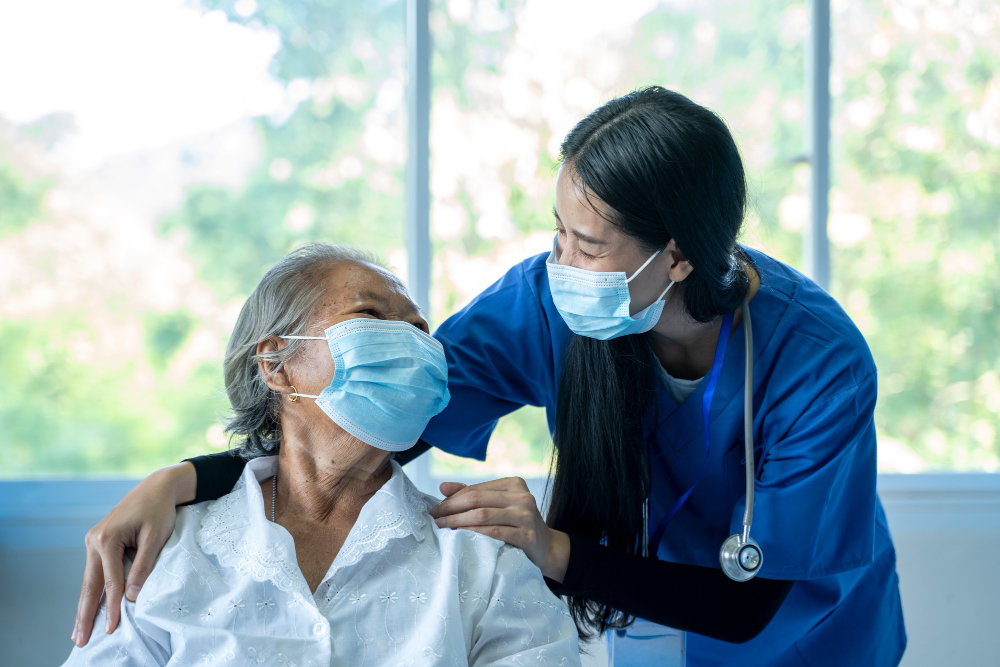
When an unexpected health problem arises, visiting an urgent care facility could be the most convenient and affordable solution. Still, many patients don't know how to maximize their urgent care visit. Whether you're experiencing a minor injury or sudden illness, going to the urgent care can be overwhelming. To help you make the most of your urgent care visit, we've compiled some tips for you. In this blog, we will discuss how to prepare for your appointment, what to bring with you, how to communicate with the doctor, and more.
It's essential to have a good understanding of what urgent care entails and to have realistic expectations. Although urgent care is similar to an emergency room, it's not the same. Urgent care centers treat less serious injuries and illnesses and offer more affordable and faster care than an ER. Additionally, the wait times in an urgent care clinic are typically shorter than in an emergency room, so it's important to keep that in mind before you go.
To receive prompt and accurate care, gathering important medical information and documents will facilitate your urgent care visit. This includes your ID, insurance card, medication list, and any relevant medical history. If you have a chronic condition, it's crucial to inform the doctor about your medications and symptoms. This way, they can evaluate if they can provide the proper care or refer you to a specialist if required.
When you're experiencing symptoms, several times, it can be hard to describe them accurately, especially when you're in a rush. To help the doctor evaluate you more effectively, explain your symptoms in detail. This includes when your symptoms began, the type of pain, and where it's located. The better the description of your symptoms, the more likely the doctor will make a proper diagnosis. Also, don't hesitate to ask any questions that you may have about the prognosis, treatment options, or other concerns.
Before going to the urgent care, it's essential to comprehend your insurance plan's coverage. Some insurers do not cover the full cost of urgent care facilities unless it's an emergency. For example, if you need specific diagnostic tests or medications, it's wise to confirm with the provider whether your insurance provider will cover the cost. Confirming the details ahead of time can save you stress and financial surprises.
Once you receive a diagnosis from your urgent care provider, it's important to follow the provided instructions exactly. If the doctor sends you home with medications, make sure you understand how to take them properly. If you are referred to get further medical attention, such as a blood test or follow-up appointment, schedule it and attend it promptly. This way, you're making sure to stay on track with your care plan and are healing efficiently.
Going to an urgent care facility can make a tremendous difference in your recovery process. By taking steps to prepare for your appointment, you can ensure a more efficient and effective treatment experience. Being informed about your symptoms, insurance coverage, and allergies can put your mind at ease. Understanding what to expect and taking the time to communicate with the urgent care physician can lead to a proper diagnosis and better service. With this guide, we hope you're better equipped to handle any medical emergency quickly and confidently. If you're looking for an urgent care in Philadelphia, PA, contact Vital Urgent Care today to request an appointment.